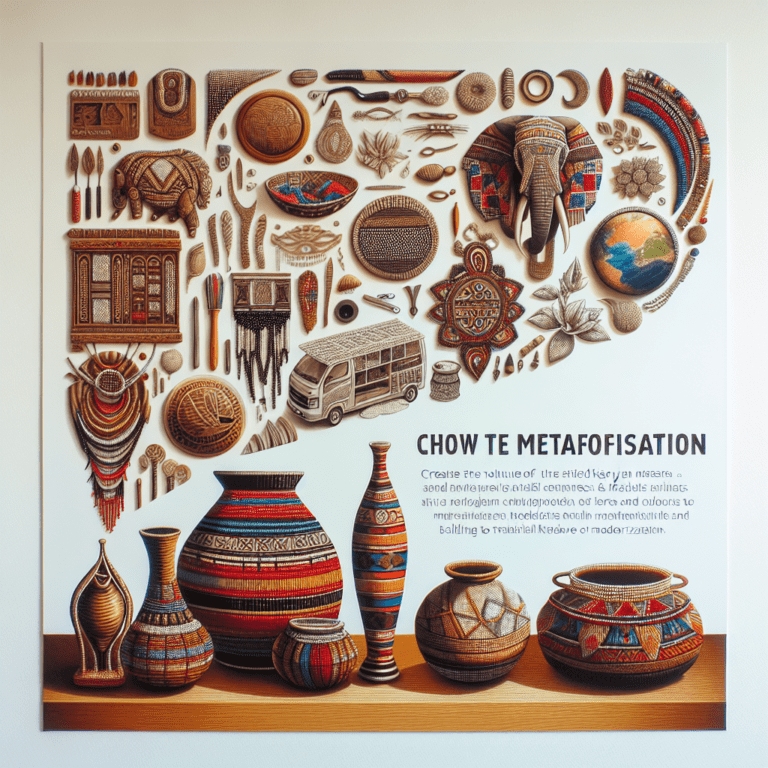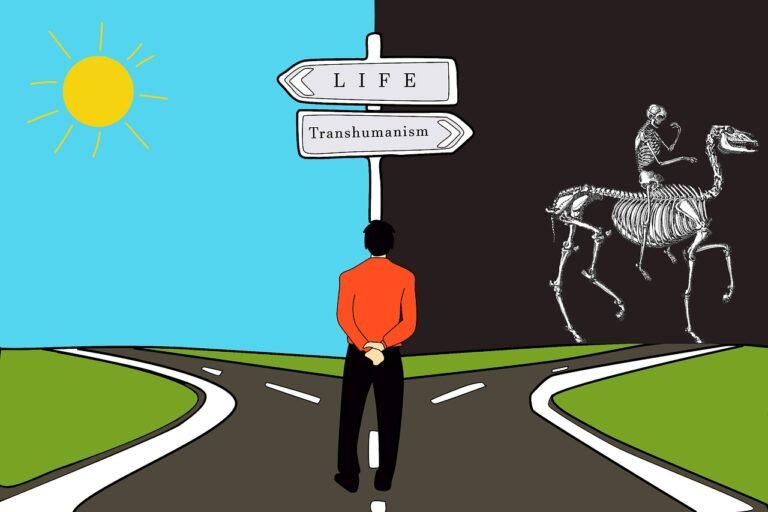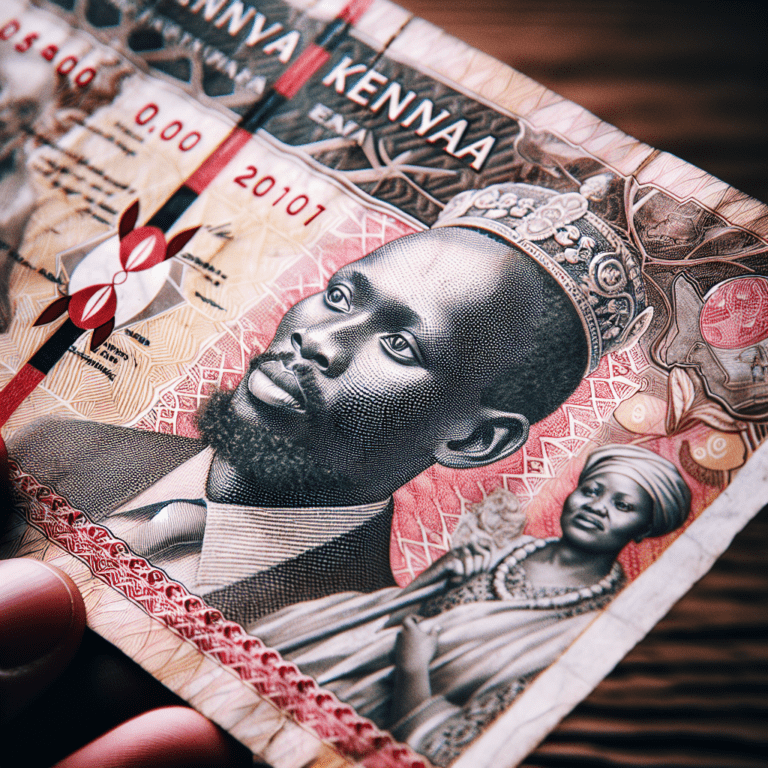How Did The 2010 Constitution Change Kenya’s Political Landscape?
In 2010, a groundbreaking shift occurred in Kenya’s political landscape as a new constitution was implemented. This transformative event has had far-reaching effects on the nation’s political dynamics, reshaping power structures and redefining the relationship between government and its citizens. From decentralization of power to the introduction of devolved governance, this article explores the key ways in which the 2010 constitution has altered the course of Kenya’s political journey.
Development of the 2010 Constitution
The development of the 2010 Constitution was a landmark event in Kenya’s history. After years of political instability and governance challenges, the need for a new constitution became apparent. The 2010 Constitution replaced the previous constitution that was in place since Kenya’s independence in 1963. It aimed to address the long-standing issues of governance, devolution, human rights, and the electoral system.
Background and context
Before the 2010 Constitution, Kenya operated under a presidential system of government, which centralized power in the hands of the president. This led to excessive executive authority, limited checks and balances, and unequal distribution of resources. The need for a new constitution that would promote democracy, protect human rights, and ensure equitable development was widely recognized.
Constitutional review process
The constitutional review process was a comprehensive and inclusive exercise that involved various stages and stakeholders. It began with widespread public consultations held across the country to gather opinions on the desired reforms. A Constitutional Review Commission was then established to draft the proposed constitution. The draft was subjected to a national referendum, where Kenyans had the opportunity to vote for or against its adoption. The final constitution was overwhelmingly approved by the electorate.
Key features of the new constitution
The new constitution introduced significant changes across various aspects of governance. It shifted Kenya from a presidential to a devolved system of government, strengthened checks and balances, promoted gender equality and inclusion, made changes to the electoral system, protected human rights and fundamental freedoms, improved the administration of public resources and accountability, promoted national unity and cohesion, and impacted political parties.
Shift from a Presidential to a Devolved System of Government
Introduction of devolution
One of the most significant changes introduced by the 2010 Constitution was the shift from a highly centralized system to a devolved system of government. Devolution aimed to bring governance closer to the people by establishing County Governments.
Establishment of County Governments
Under this new system, Kenya is divided into 47 counties, each with its own government. County Governments are responsible for delivering services such as healthcare, education, infrastructure development, and social services at the local level. The establishment of County Governments has allowed for a more equitable distribution of resources and decision-making power, reducing the historical imbalances between regions.
Functions and powers of County Governments
County Governments have been granted specific functions and powers to ensure effective service delivery and governance at the local level. They have the authority to levy taxes, prepare and implement plans and budgets, manage public assets, and promote socioeconomic development within their respective counties. This shift has empowered local communities and increased citizen participation in decision-making processes.
Strengthening of Checks and Balances
Introduction of the Judiciary
The 2010 Constitution introduced a separate and independent judiciary to safeguard the rule of law and ensure fair administration of justice. This was a significant departure from the previous system, where the judiciary was not wholly independent and often influenced by the executive.
Independence of the Judiciary
The new constitution established the Judiciary as an independent institution, ensuring its impartiality and integrity. Judicial officers are appointed through a transparent process and are protected from arbitrary removal. This independence serves as a crucial safeguard against abuse of power and ensures that the judiciary can act as a check on the other arms of government.
Expansion of Judicial powers and functions
The 2010 Constitution expanded the powers and functions of the Judiciary. It gave courts the authority to hear and determine a wide range of disputes, including those relating to human rights, constitutional interpretation, and matters affecting public interest. This expansion has helped in the protection and enforcement of citizens’ rights and the promotion of a just and equitable society.
Promotion of Gender Equality and Inclusion
Gender representation in political positions
The 2010 Constitution places a strong emphasis on gender equality and inclusion in political leadership. It introduced affirmative action measures to increase the representation of women in elected and appointed positions at all levels of government. This has helped to address historical gender imbalances and promote women’s meaningful participation in decision-making processes.
Protection against discrimination and marginalization
The constitution provides for protection against discrimination and marginalization based on gender, ethnicity, religion, race, and other grounds. It prohibits any laws, customs, traditions, or practices that discriminate against individuals or groups. This provision has played a crucial role in promoting inclusivity and ensuring equal opportunities for all Kenyans.
Promotion of women’s rights and participation
The 2010 Constitution includes specific provisions aimed at promoting and protecting women’s rights. It recognizes the role of women in society and mandates the enactment of legislation to enhance their participation in all spheres of life. Additionally, it guarantees equal access to education, healthcare, and employment opportunities for women. These measures have helped to advance gender equality and empower women in Kenya.
Changes to the Electoral System
Introduction of the Independent Electoral and Boundaries Commission
The new constitution established the Independent Electoral and Boundaries Commission (IEBC) to oversee elections and boundary delimitation. The creation of the IEBC aimed to ensure the integrity, independence, and transparency of the electoral process, reducing the chances of electoral malpractices and disputes.
Electronic voter registration and transmission of results
To enhance efficiency and reduce electoral fraud, the 2010 Constitution introduced electronic voter registration and the transmission of election results. This technological advancement has expedited the voting process, minimized errors, and increased public trust in the electoral system.
Enhancing transparency and credibility of elections
The new constitution introduced measures to promote transparency and accountability in the electoral process. It mandated the publication of voter registers, election financing regulations, and the public disclosure of candidates’ assets and liabilities. These initiatives have helped to ensure fair and credible elections, fostering public confidence in the democratic process.
Protection of Human Rights and Fundamental Freedoms
Bill of Rights
The 2010 Constitution includes a comprehensive Bill of Rights, which guarantees the protection of fundamental human rights and freedoms. It enshrines civil, political, economic, social, and cultural rights, such as the right to life, equality, privacy, education, and healthcare. This has strengthened the legal framework for the promotion and protection of human rights in Kenya.
Protection of minority rights
The constitution places a specific emphasis on the protection of minority rights. It recognizes the cultural, linguistic, and religious diversity of the Kenyan people and prohibits discrimination against any individual or group based on these characteristics. The provisions on minority rights have played a crucial role in promoting inclusivity and harmonious coexistence among different communities.
Prohibition of torture and cruel treatment
The 2010 Constitution explicitly prohibits the use of torture, cruel, inhuman, or degrading treatment or punishment. This provision aligns Kenya with international human rights standards and reinforces the importance of respecting and safeguarding the dignity of every individual. It has had a significant impact on reducing human rights abuses and ensuring the accountability of law enforcement agencies.
Administration of Public Resources and Accountability
Introduction of the Controller of Budget
The new constitution introduced the office of the Controller of Budget, an independent institution responsible for overseeing the management of public resources. The Controller of Budget ensures effective and efficient utilization of public funds by reviewing and monitoring government budgetary processes, adherence to financial regulations, and reporting on budget implementation.
Establishment of the Ethics and Anti-Corruption Commission
In line with the government’s commitment to combating corruption, the 2010 Constitution established the Ethics and Anti-Corruption Commission. This independent body is mandated to investigate and prosecute cases of corruption, promote ethics and integrity in public service, and raise public awareness about the negative impact of corruption. The establishment of this commission has played a critical role in curbing graft and promoting accountability.
Enhancing transparency and accountability in public procurement
The 2010 Constitution introduced measures to enhance transparency and accountability in public procurement. It made provisions for fair competition, equitable treatment of suppliers, and the establishment of mechanisms to monitor and audit procurement processes. These provisions have contributed to reducing corruption, promoting efficiency, and saving public resources.
Promotion of National Unity and Cohesion
Formation of the National Cohesion and Integration Commission
Recognizing the importance of national unity and cohesion, the 2010 Constitution created the National Cohesion and Integration Commission. This commission is responsible for promoting and ensuring peaceful coexistence among Kenyan citizens, regardless of their ethnic, religious, or other backgrounds. It works to reconcile communities, prevent hate speech, and foster a sense of national identity.
Measures to address ethnic tensions and divisive politics
The constitution includes measures to address long-standing ethnic tensions and divisive politics. It emphasizes the need for inclusivity, equitable distribution of resources, and power-sharing among different communities. These measures aim to bridge ethnic divides, promote social integration, and foster a united nation.
Promotion of national values and principles
The 2010 Constitution identifies national values and principles that guide the conduct of public affairs in Kenya. These values include patriotism, national unity, integrity, transparency, and accountability. The promotion and adherence to these values are essential for building a strong and harmonious society based on mutual respect and shared aspirations.
Impact on Political Parties
Registration and regulation of political parties
The 2010 Constitution introduced a more robust framework for the registration and regulation of political parties. It requires parties to adhere to democratic principles, including internal party democracy, free and fair elections of party officials, and transparent nomination processes. This has helped to strengthen the democratic fabric of political parties and ensure greater accountability to their members.
Internal democracy within political parties
The constitution emphasizes the importance of internal democracy within political parties. It recognizes the right of party members to participate in decision-making processes and elect their leaders freely. This provision has encouraged more transparency, accountability, and inclusivity within political parties, ensuring that they reflect the will of their members.
Promotion of multi-party democracy
The 2010 Constitution promotes and protects multi-party democracy as a fundamental tenet of Kenya’s political system. It guarantees freedom of association and the right to form and join political parties. This provision has created an enabling environment for the formation of diverse political parties, fostering political competition, and promoting the vibrant exchange of ideas and ideologies.
Challenges and Opportunities of the 2010 Constitution
Implementation challenges
The implementation of the 2010 Constitution has faced numerous challenges. These include limited resources, resistance from vested interests, inadequate public awareness about constitutional rights and responsibilities, and delays in enacting supporting legislation. Overcoming these challenges requires sustained commitment from all stakeholders and effective coordination of implementation efforts.
Opposition and resistance
The introduction of the 2010 Constitution faced opposition and resistance from various quarters. Some individuals and groups were resistant to the changes and sought to maintain the status quo. This resistance manifested in legal challenges, political campaigns against specific provisions, and attempts to undermine the constitutional reforms. Such opposition highlights the need for continuous advocacy, public education, and engagement to ensure the full realization of the constitution’s objectives.
Empowerment of marginalized communities
While the 2010 Constitution has brought significant changes, there is still a need to empower marginalized communities to fully enjoy the benefits of the constitution. Efforts should be made to bridge the gap between policy intentions and practical implementation in areas such as devolution, gender equality, and the protection of minority rights. This requires targeted initiatives, affirmative action measures, and inclusive policies that address historical injustices and promote social inclusion.
In conclusion, the 2010 Constitution of Kenya has brought about significant changes to the country’s political landscape. It has shifted power from a highly centralized system to devolved governance, strengthened checks and balances, promoted gender equality and inclusion, reformed the electoral system, protected human rights and fundamental freedoms, improved accountability in public administration, and fostered national unity and cohesion. While challenges remain, the constitution provides a solid foundation for a more democratic, inclusive, and prosperous Kenya.






